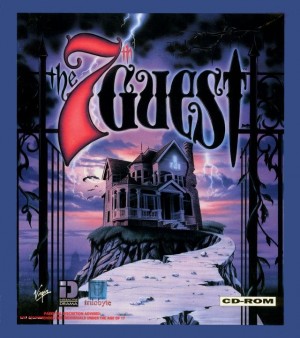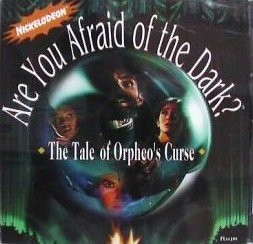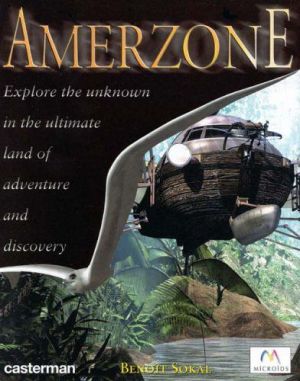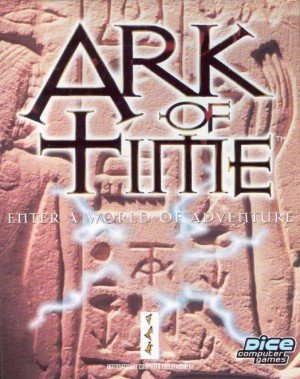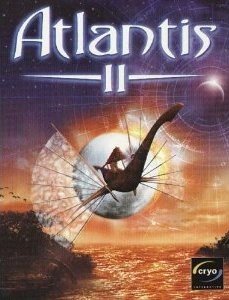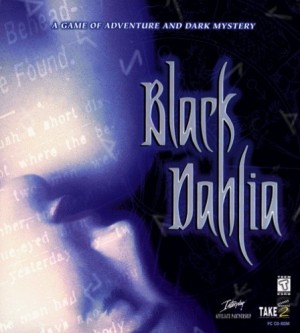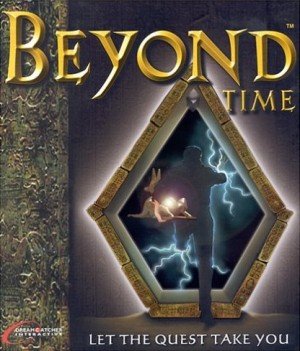IF Week Part 1: An Introduction to Interactive Fiction
The question is inevitable, especially in an era when gorgeous games like The Longest Journey and Syberia capture our imagination by first capturing our visual senses. The question is inescapable when the graphics card ante is increased seemingly monthly by ATI and nVidia and game companies are falling all over themselves to be the first to take advantage of the newest technology. And the answer to the question will just never make sense to many.
The question? What on earth is so appealing about text adventures?
I'm sad to say that just four short months ago, I asked this very question, completely ignorant to the world that I was missing. A persistent reader sent me the names of a few text games he demanded I play, and I now proudly call myself an interactive fiction convert. I can only hope that through the articles we will host this week here at Adventure Gamers, a few more who haven't tested the waters of IF will find themselves converted as well.
The main appeal of text adventures to many is obvious; allow me to demonstrate. What do you envision April Ryan's apartment looking like? Stupid question, right? We all know what it looks like, because some very talented artist who makes a lot more money than you or I drew it for us.
Such is not the case in IF. All you have is the description of the room offered by the author, which may be wordy and descriptive, or short and sweet. Your mind is left to roam free and fill in the blanks of the world around you. I have found this to add an incredibly personal element to each IF game I play. That is IF's primary appeal; it is a much more personal playing field than graphic adventures.
Third-person adventures force you to watch your character in a rather detached manner; first-person adventures have historically failed miserably to promote a sense of true personal interaction. With text, it's different; the feeling is as if you are truly playing the part being described, manipulating the world around you and experiencing the effects of your actions. I found myself immersed in these worlds as a participant, not as a detached puppeteer.
Another benefit of IF is the flexibility. No silly Hand icons here; modern IF games accept 50+ verbs as input. This can be a source of frustration in "guess-the-verb puzzles", but if programmed well the effect is the same sort of freedom felt when Gabriel Knight 1 was first played with different icons for Open, Move, and Take. Also eliminated is the pixel-hunting, since all items important to you will be described in the text.
But what I really love about interactive fiction is that at its best, that's really what it is: an immersive and fascinating fictional story, not a game. Many of IF's best authors are serious writers (some professionally published), who are light years ahead of the writers of big-name graphic adventures. They are able to engender an amazing emotional impact in these stories. Maybe graphic games just have yet to realize their emotional potential, but the simple fact is that a silent black and white text adventure game has made me cry more than once, and a multimedia computer game never has.
I gave interactive fiction a chance, and I hope you'll be willing to do the same. I have discovered a new world, full of amazing and breathtaking stories. Over the next week I will tell you about some of these stories, introduce you to this world, hopefully inspire you to take a chance and dive into the IF ocean.
Here are a few essential resources for your journey:
Brass Lantern - Stephen Granade's adventure game website covers graphic adventures, but focuses on text adventures and is an excellent resource.
Interactive Fiction Archive - The depository for all IF-related files to be found.
Baf's Guide to the IF Archive - A catalog of all games available at the archive, with mini-reviews, competition result archives, and the ability to search by author and other categories.



